Skype: neodalle-travel
Tel: +86 135 7447 2266
E-mail: sales@visitaroundchina.com
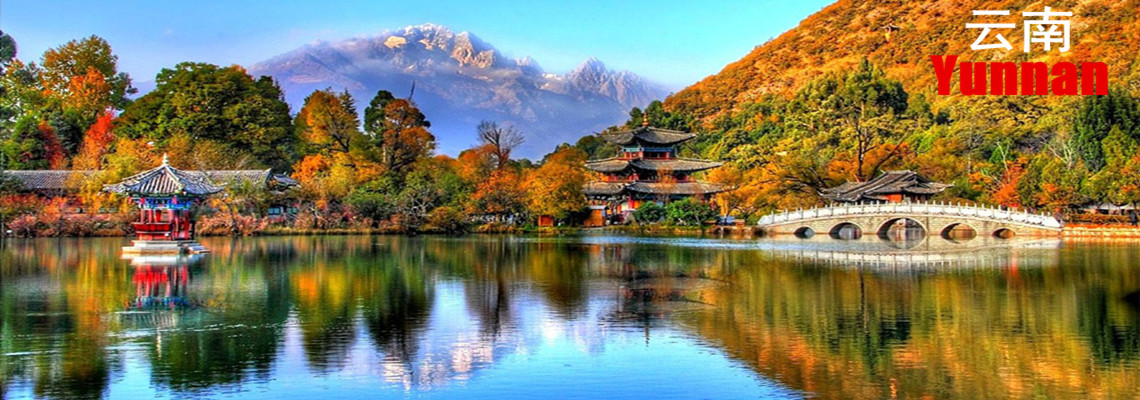

History of Dali
As early as 4,000 years ago, the ancestors of the Bai people settled in this area. In the Second Century AD, it was brought into the territory of the central government of Han Dynasty (206 BC-220AD). Two ethnic states, the Nanzhao State (738-937) in Tang Dynasty (618-907), and the Dali State (937-1253) in Song Dynasty (960-1279), were once established here as well. Throughout ages, it remained an intermediary area linking economic and cultural communications between ancient China and other countries via India. The remains of the Tai He City and the Dali Ancient City bear witness to thousands of years of historic changes once happened here. Together with the Xizhou Town and the Zhoucheng Village, the ancient towns around show the best of historic customs of daily life within the Bai Minority.
What to see in Dali?
Dali is one of the famous tourism cities in Yunnan Province. Ancient buildings, city walls and the old city moat are the sites most frequented by visitors. Cangshan Mountain and Erhai Lake are praised as the city's leading scenic areas. Most attractions lie between these two landmarks, such as the Butterfly Spring, and the Three Pagodas of Chongsheng Temple.
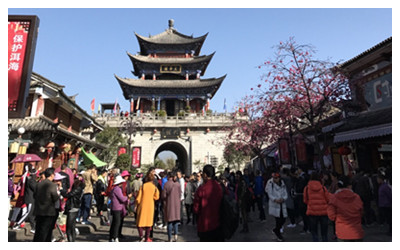 |
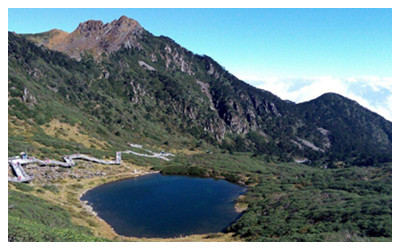 |
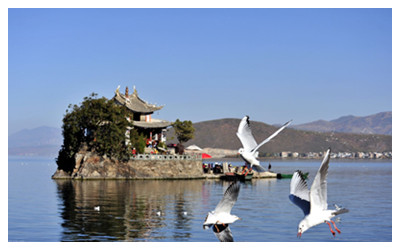 |
| Dali Ancient Town | Cangshan Mountain | Erhai Lake |
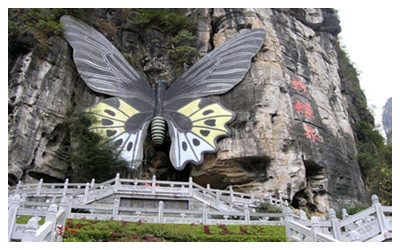 |
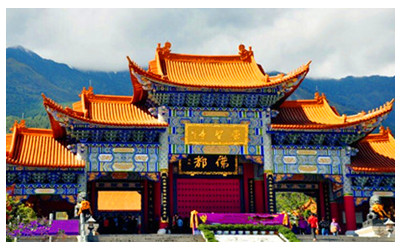 |
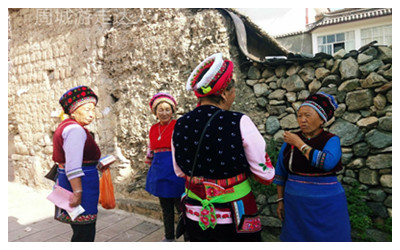 |
| Dali Butterfly Spring | Dali Three pagodas | Zhoucheng Bai Village |
Ethnic minorities have inhabited in this area for generations, with the Bai Minority making up the majority of its population (65%). The customs of the ethnic minorities bring charm to daily life. Each spring, celebrations and festivals bring the city to life. Celebrations such as the March Street Festival and Butterfly Fest provide excellent opportunities to learn about local folk customs.
When to visit Dali?
Famous as the 'Oriental Switzerland', Dali has around 126 days in the year with temperatures around 18-21°C (54-66°F) which is the most appropriate temperature for taking a break. In addition, it enjoys abundant sunshine which is most welcome during the winter months thanks to its high altitude. In other words, this is a year-round travel destination, with colorful flowers blossoming everywhere.
How to get to Dali?
Dali lies at the junction of the Yunnan-Burma Highway (320 National Highway) and the Yunnan-Tibet Highway (214 National Highway), which connects to other regions of western Yunnan Province. In addition, the Dali-Kunming Freeway has been open. Increasingly modern transportation system makes it easier than ever for people living ere to communicate with the outside world.
Dali Travel Tips
Special Local Products: The famous Foreigner Street in the Ancient City attracts visitors with its handicrafts, and local culinary delicacies. Xiaguan, located to the south of the Ancient City, home to the government of the Dali Bai Autonomous Prefecture. Here hotels, public squares, and shopping centers add modernity to the otherwise historical city.
Useful Numbers:
Consumer Complaint: 12315
Tourist Complaint: 2670384
Telephone Number Inquiry: 114
Weather Forecast: 121
 Ask Questions ?
Ask Questions ?